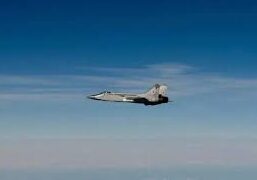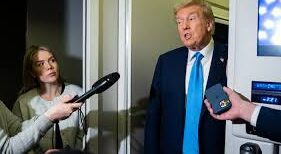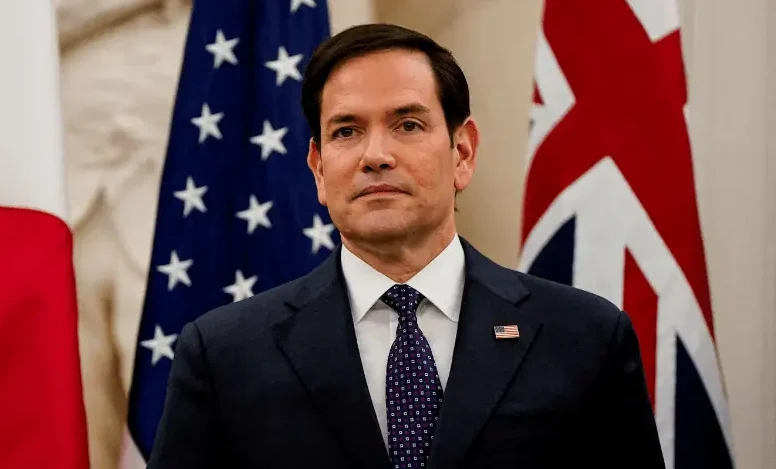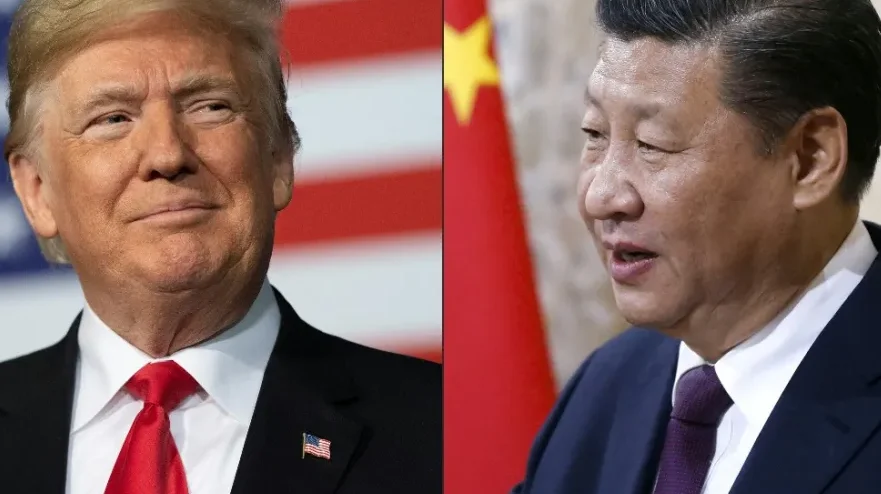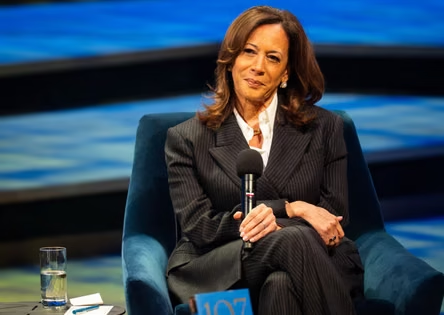Estonia has asked NATO to hold exigency consultations after Russian warplanes crossed into its airspace on Friday, calling the incident a “ brazen-faced ” provocation.
The Estonian Foreign Ministry said three Russian MiG- 31 fighter spurts flew “ without authorisation ” over the Gulf of Finland for 12 twinkles. NATO verified its forces responded incontinent. Italian, Finnish, and Swedish spurts climbed under the alliance’s charge to strengthen its eastern hand. Moscow latterly denied violating Estonian airspace.
The breach comes amid rising pressures. Poland and Roumania, both NATO members, said Russian drones entered their airspace last week. NATO has since pledged to move more colours and fighter spurts east to support its defences.
Estonian Ambassador to the US Kristjan Prikk called the irruption “ serious ” and said Russia had been “ testing NATO for quite some time ”. He suggested Moscow wants NATO countries to concentrate on their own defence rather of supporting Ukraine.
Early Saturday, Nato aircraft were stationed again to cover Polish airspace as Russia launched airstrikes on western Ukraine. At 0540 original time( 0340 GMT), nearly all of Ukraine was under air raid cautions.
Estonia’s Foreign Minister Margus Tsahkna said the violation was a “ clear provocation ” and called for continuity among NATO abetters . “ Twelve twinkles violation – heavy violation – of NATO airspace needs a solid response on a political position as well as on a practical position, ” he said.
Russia’s Defence Ministry said its spurts were on a “ listed flight ” over neutral Baltic waters and “ did not violate the borders of other countries ”. It said the aeroplanes
stayed further than three kilometres from Estonia’s Vainglory Island.
Prime Minister Kristen Michael blazoned that Estonia has touched off Nato’s Composition 4 for critical consultations. It’s the alternate time in a week a member has done so, after Poland took analogous action following drone irruptions. Composition 4 allows any member to call immediate addresses if it feels hovered .
US President Donald Trump told journalists he’d be briefed on the incident latterly on Friday. “ I do n’t love it. I do n’t like when that happens. Could be big trouble. But I’ll let you know latterly, ” he said.
Estonia also summoned Russia’s chargé d’affaires to protest the incident. Top EU diplomat Kaja Kallas called it “ an extremely dangerous provocation ”. The Foreign Ministry said Russian aeroplanes
had violated Estonia’s airspace four times in 2025 alone.
Estonia said the spurts entered from the northeast and were interdicted by Finnish fighters. formerly outside Estonian airspace, Italian F- 35s grounded in the country attended them out under Nato’s Baltic Air Policing charge. officers said the Russian spurts had no flight plans, their transponders were out, and they were n’t in radio contact with Estonian regulators.
Defence Minister Hanno Pevkur told the BBC it was “ unknown ” for Russian aeroplanes
to remain in Estonia’s skies for 12 twinkles. “ In this situation, the only right thing to do is to push them out, ” he said.
Michal added that Russia’s irruption shows its war in Ukraine is n’t going as planned. “ The end is to draw attention and backing down from Ukraine by forcing NATO countries to concentrate more on the defence of their own homes, ” he said.
On X, Kallas said the EU “ will continue to support our member countries in strengthening their defences ”. She indicted Russian President Vladimir Putin of “ testing the West’s resoluteness ” and advised “ we must n’t show weakness ”. European Commission President Ursula von der Leyen echoed her words, saying “ We’ll respond to every provocation with determination while investing in a stronger Eastern hand. ”
Estonia’s Ambassador to the UK Sven Sakkov told the BBC that NATO must take “ clear, practical way ” to ameliorate airspace protection on the alliance’s eastern flank.However, we’d be extremely concerned, ” he said, “ If we had to face similar times as we’re living in now alone.
Poland’s service said last week it shot down at least three Russian drones, while Prime Minister Donald Tusk reported 19 drones entering Polish airspace. Russia said it had no plans to target Poland, and Belarus claimed the drones entered by mistake after their navigation systems were jammed.
Romania’s Defence Ministry also said it detected a Russian drone near its border with Ukraine during Russian air attacks on the Danube. The drone latterly faded from radar.
In response to these incidents, NATO has moved more colours and aircraft east, with the UK, France, Germany and Denmark now flying air defence operations over Poland. Pevkur said NATO must “ put further focus on the eastern hand ” to keep “ the frontal door unrestricted ” in Estonia.
On Monday, a French spurt was climbed over a implicit Russian drone irruption, but NATO said the alert ended snappily.


